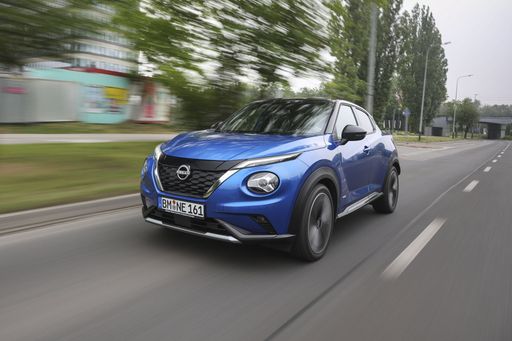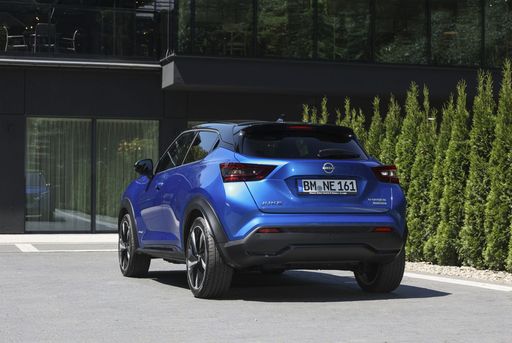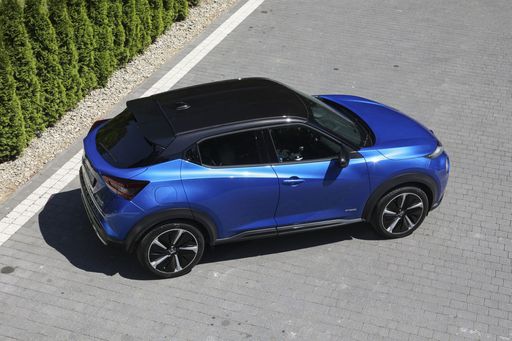A Battle of Compact SUVs: Hyundai Kona vs. Nissan Juke
In the competitive world of compact SUVs, two models have caught the attention of automotive enthusiasts worldwide—the Hyundai Kona and the Nissan Juke. Both vehicles offer a blend of style, performance, and innovation, making them appealing choices for modern drivers. This article will delve into the technical aspects and innovations that set these two rivals apart.








